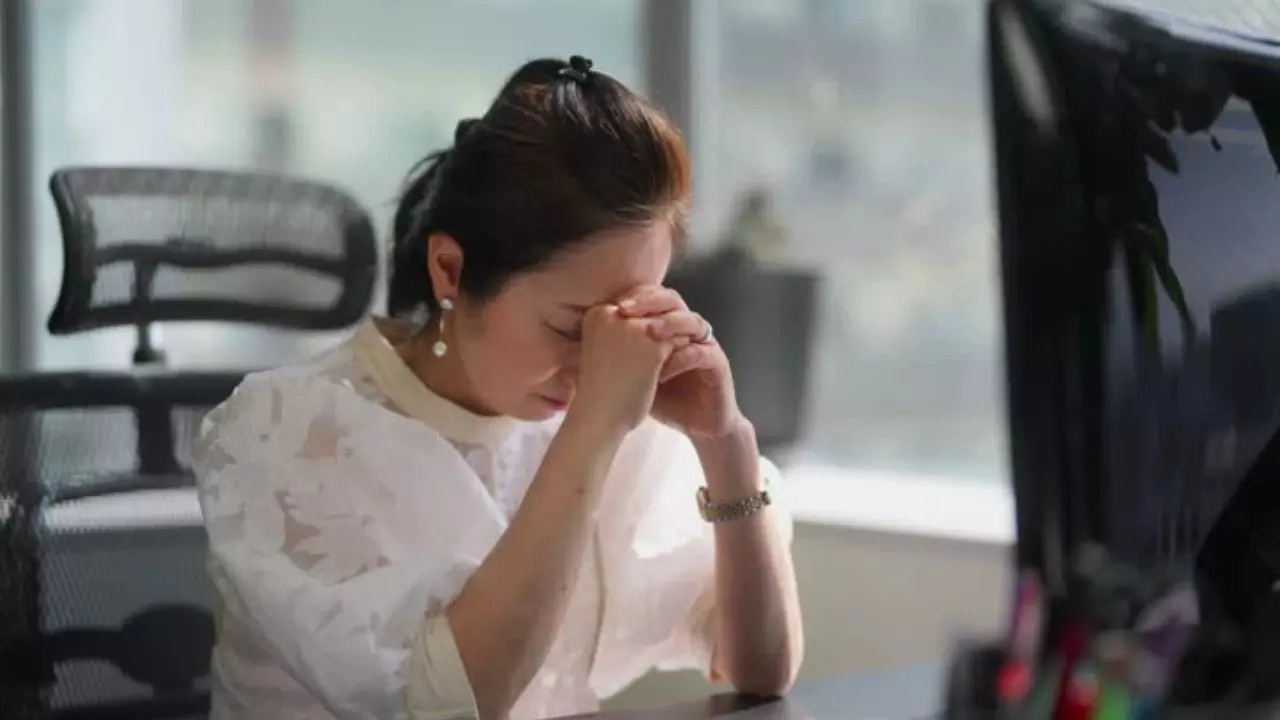Pallavi Mehra • 07 Sep 2024
7 Japanese Techniques To Overcome Anxiety

7 Japanese Techniques To Overcome Anxiety (Image Credits: iStock)
Anxiety has become a common issue in modern life, affecting millions of people worldwide. While there are various ways to manage it, many are turning to time-tested Japanese techniques to find calm and balance. Rooted in mindfulness, self-discipline, and simplicity, these techniques offer practical tools to help you overcome anxiety and lead a more peaceful life. Here are seven traditional Japanese methods you can try:
Kaizen (Continuous Improvement)
Kaizen, a philosophy centred on small, incremental improvements, can be a powerful tool for managing anxiety. Rather than overwhelming yourself with the idea of making big, sudden changes, Kaizen encourages small, manageable steps towards improvement. This approach reduces the pressure to succeed immediately and helps you focus on gradual, steady progress. For example, if anxiety is affecting your work productivity, instead of trying to overhaul your routine in one go, focus on improving one small aspect of it, such as setting aside 10 minutes each morning for organization. Over time, these small changes build up, leading to significant improvements.
Shinrin-Yoku (Forest Bathing)
Shinrin-Yoku, or forest bathing, is a practice of immersing yourself in nature to reduce stress and anxiety. The concept is simple—spend time in a forest or any natural setting, taking in the sights, sounds, and smells of nature. Studies show that spending time in nature can lower cortisol levels, reduce heart rate, and improve mood. If you’re feeling anxious, take a break and go for a walk in a nearby park or green space. Even a short visit can help calm your mind and refresh your perspective.
Ikigai (Finding Purpose)
Ikigai refers to a sense of purpose or reason for living. When we feel anxious, it's often because we’re disconnected from what truly matters to us. Ikigai encourages you to find joy and fulfilment in the everyday by aligning your life with your passions, values, and strengths. To practice Ikigai, reflect on what brings you joy, what you’re good at, and what the world needs. This intersection of passions and strengths can help you stay grounded and focused on what’s important, reducing feelings of anxiety and restlessness.
Hara Hachi Bu (Mindful Eating)
Hara Hachi Bu is a practice of mindful eating, where you eat until you’re 80 per cent full rather than overeating. This concept encourages self-control and mindfulness during meals, which can reduce stress and anxiety related to food choices and body image. It also promotes a healthier relationship with food by emphasizing balance and moderation. Practicing Hara Hachi Bu can help you become more aware of your body's signals, reducing stress and promoting a sense of calm during meals. This mindfulness can extend to other areas of your life, helping you manage anxiety more effectively.
Journaling (Kakeibo)
Kakeibo is the Japanese art of financial journaling, but its principles can be applied to emotional well-being too. Journaling your thoughts and feelings can be a powerful way to manage anxiety. Writing things down allows you to process your emotions, reflect on your experiences, and create a sense of control over your life. To use Kakeibo as an anxiety tool, write down your worries and concerns regularly. By putting your thoughts on paper, you can better organize them, identify patterns, and work through your emotions with more clarity and purpose.
Oosouji (The Great Clean-Up)
Oosouji is a tradition of cleaning one’s home to welcome the New Year, but it can also be used as a mental and emotional reset. Clutter can often exacerbate anxiety by creating a sense of chaos. Oosouji encourages you to tidy up and create a space that promotes calm and peace of mind. A clean and organized environment helps reduce feelings of being overwhelmed and stressed. Start by organizing small spaces, such as your workspace or bedroom. As you clean, focus on decluttering both your physical space and your mind.
Zazen (Seated Meditation)
Zazen, or seated meditation, is a key element of Zen Buddhism and is widely used to manage stress and anxiety. It involves sitting in a specific posture and focusing on your breathing. Zazen helps train the mind to focus on the present moment, letting go of worries and anxieties. To practice Zazen, find a quiet place to sit comfortably with your back straight. Focus on your breath, inhaling deeply and exhaling slowly. If your mind starts to wander, gently bring your focus back to your breath. Regular practice can help reduce anxiety by teaching you to stay present and calm.
Get Latest News Live on Times Now along with Breaking News and Top Headlines from Mental Health, Health and around the world.